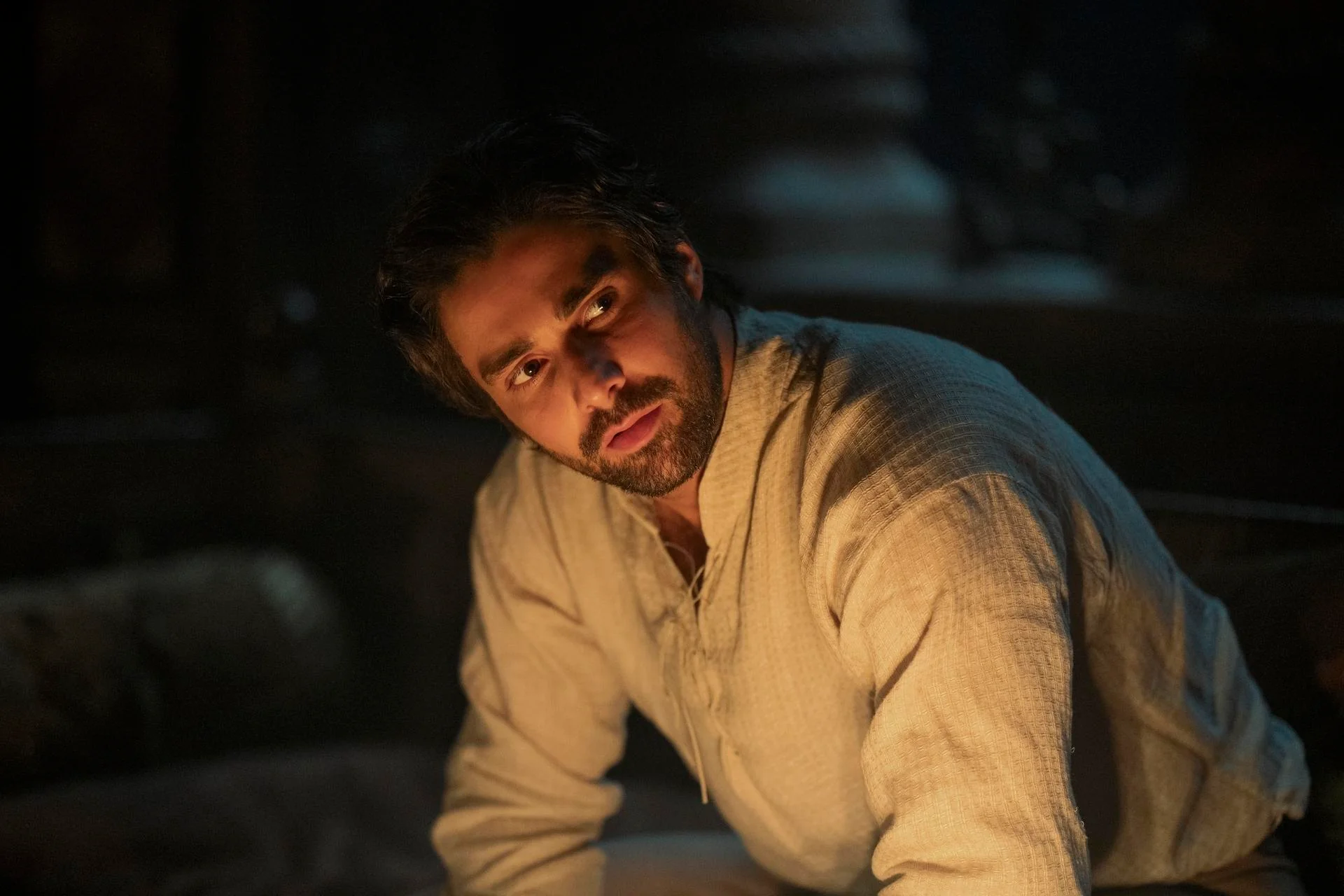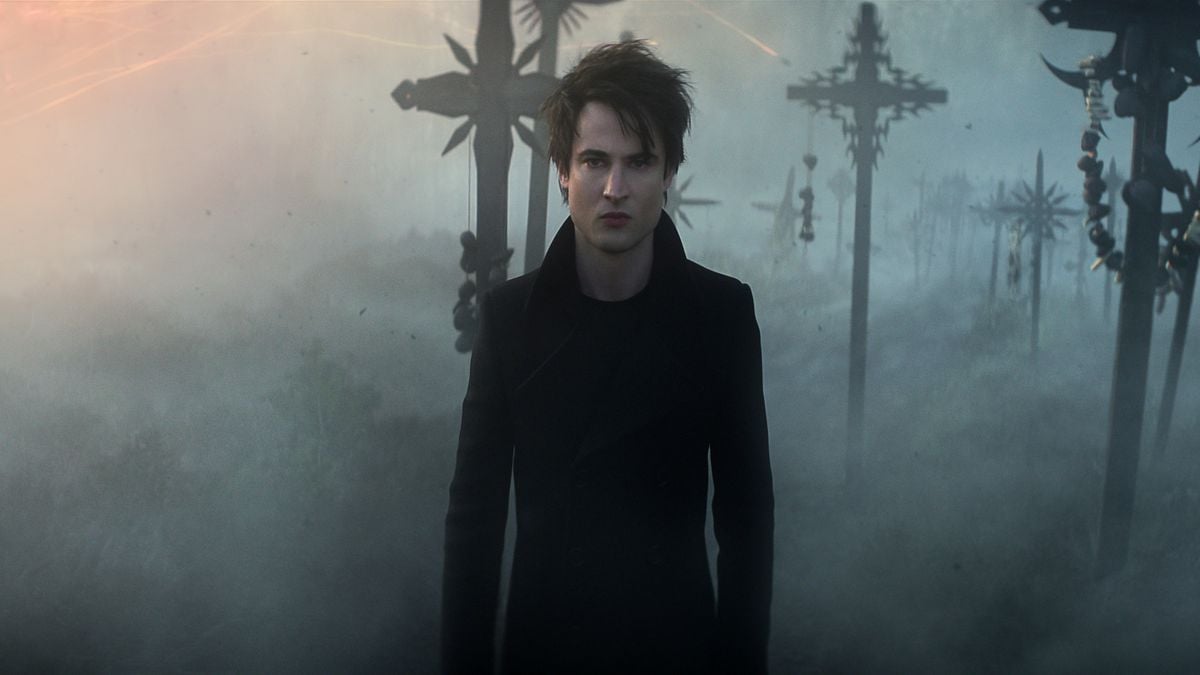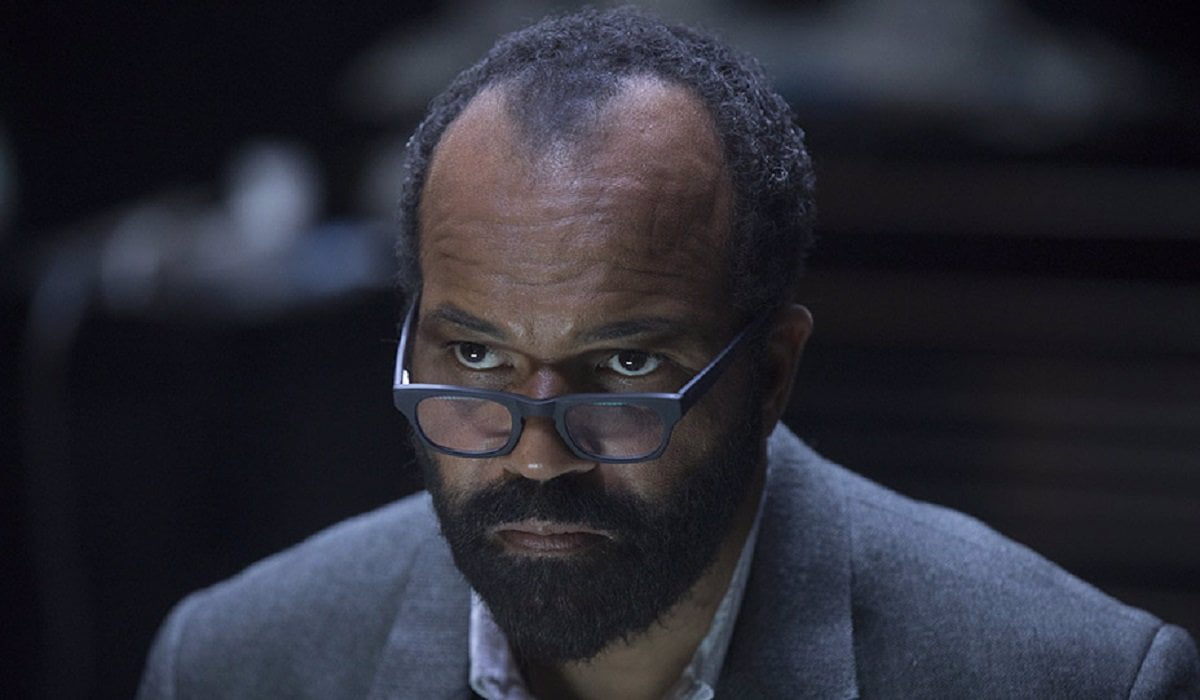In the anticipated second season of House of the Dragon, which has premiered its first episode on Max, the storyline follows events 200 years before Game of Thrones, drawing from George R.R. Martin’s book Fire and Blood. As with any adaptation, the series inevitably diverges from its source material, as seen with a significant change in the pivotal final sequence of the first episode—a moment softened compared to its portrayal in the books.
This season will chronicle the Targaryen civil war known as the Dance of Dragons, pitting Rhaenyra’s supporters (The Blacks) against those of Aegon II (The Greens). While both sides hesitated to initiate conflict at the end of the previous season, two deaths become catalysts for unfolding events.
The first death occurred in the season finale: Rhaenyra’s youngest son, Lucerys Velaryon, was killed by Aemond Targaryen, the youngest son of Alicent. The second death unfolds in the season 2 premiere, where two men hired by Daemon Targaryen cold-bloodedly kill Aegon’s firstborn son.
In Martin’s original novel, Aegon and Helaena have three children: six-year-old twins Jaehaerys and Jaehaera, and two-year-old Maelor. The assassins, known as Blood and Cheese, force Queen Helaena to choose between her sons, threatening to kill one to “even things out.” Ultimately, they behead Jaehaerys, the heir to the throne, despite the queen’s attempts to save him.
In contrast, the series depicts a different scenario: the mother simply points out which of the sleeping twins is the boy, as the other is a girl, thus avoiding the graphic portrayal of infanticide depicted in the books.
Fans have noted this adaptation as significantly toned down compared to the original series’ memorable and often brutal scenes, such as Sansa’s rape, Ned Stark’s death, or the infamous Red Wedding. In response to the controversy, showrunner Ryan Condal defended these changes from the original material.
Condal clarified in an interview with TVLine that the alteration in the queen’s choice stems from practical storytelling decisions, including the omission of Maelor altogether from the narrative. This change allowed the series to streamline the timeline and character dynamics without the need to recast all characters. According to Condal, this adjustment was necessary to maintain narrative coherence as the story progresses through the characters’ lives.
Thus, while House of the Dragon continues to adapt Martin’s intricate tale of Targaryen history, it also navigates the challenge of balancing fidelity to the source material with the demands of visual storytelling and audience reception.
This Is More Heartbreaking For Helaena
In the novel, Helaena Targaryen faces a harrowing choice when assassins threaten her children: Jaehaerys, Jaehaera, and Maelor. The murderers demand she chooses which son to sacrifice, invoking the cruel logic of “a son for a son.” Despite her attempts to protect them, Jaehaerys is tragically killed.
However, in the adaptation presented by Max, the storyline simplifies this scenario. Helaena only has Jaehaerys and Jaehaera as her children. When confronted by the killers, she must still point out which of her sleeping children is the boy, echoing the ruthless demand of “a son for a son” from the book.
Showrunner Ryan Condal explained that this change was intended to create a visceral and emotionally charged experience for Helaena, portrayed as an innocent caught in the crossfire of the brutal conflict between the Blacks and the Greens. He emphasized the heart-wrenching nature of her predicament, highlighting her belief that she had no choice but to comply with the murderers’ demands to protect her children.
Phia Saban, the actress portraying Helaena, echoed this sentiment, describing the adaptation’s depiction as even more heartbreaking than the novel’s version. She emphasized Helaena’s desperation and the high stakes involved, where any misstep could lead to dire consequences for her family. In her view, Helaena’s decision to be honest under duress adds to the emotional weight of the scene, portraying her as a mother forced to make an impossible choice to safeguard her children.
The Changes In Daemon Targaryen
In contrast to the clear vengeance Daemon seeks in the book by avenging Lucerys’s death with any of Aegon II’s sons, the series portrays a more nuanced approach. In the show, Daemon explicitly targets Aemond Targaryen, identifying him by his distinctive features of one eye and silver hair. However, when questioned about what would happen if they failed to locate Aemond, the series omits Daemon’s response, leaving his intentions ambiguous.
Ryan Condal, the showrunner, acknowledges the differences between the book’s Daemon and the portrayal on screen. He appreciates the overt cruelty in the book’s depiction but opts for a more nuanced approach in the adaptation. According to Condal, this decision allows the audience to interpret Daemon’s actions and decide where their sympathies lie in the ongoing conflict between the Blacks and the Greens.
This alteration in character depiction is not uncommon in the series. Similar instances occurred in the first season, particularly regarding Aemond’s motives during Lucerys’s attack, despite the vast size difference between their dragons.
Overall, these changes in characterization aim to add depth and complexity to the characters’ motivations and actions, enhancing the narrative of “House of the Dragon” beyond its literary origins.










